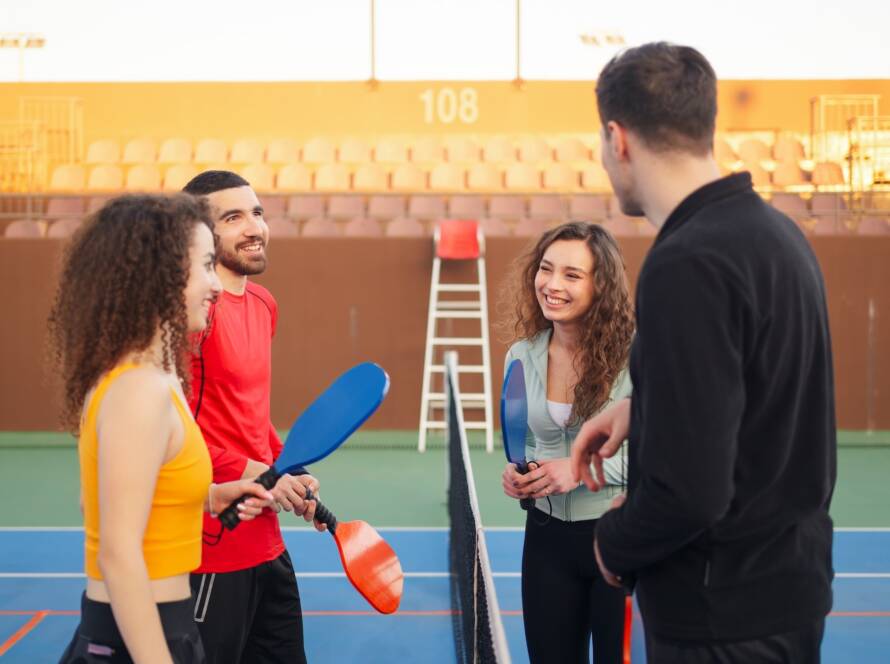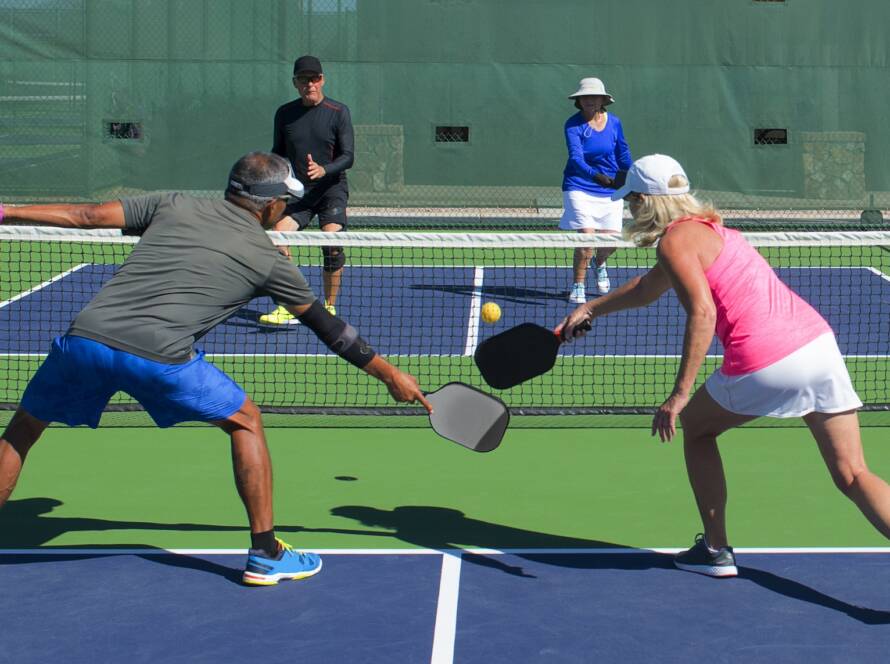Have you ever been in the middle of an intense pickleball rally, only to hear someone call “fault!” and wonder what exactly went wrong? Understanding what is a fault in pickleball can mean the difference between winning and losing a match, yet many players—both newcomers and veterans alike—find themselves confused by the various rules and violations. From stepping into the kitchen during a volley to incorrect serving techniques, pickleball faults come in many forms, each carrying the same consequence: a lost point or service opportunity. Whether you’re just picking up a paddle for the first time or looking to refine your competitive edge, mastering the ins and outs of pickleball faults is essential for taking your game to the next level.
What is a Fault in Pickleball?
A fault in pickleball occurs when a player violates a rule, resulting in the stoppage of play and loss of serve or point. Understanding faults is crucial for maintaining fair play and improving your game performance.
Foundational Overview of Pickleball Faults
Understanding Faults
Faults can occur during serves, volleys, or general gameplay. Common scenarios include:
- Stepping into the non-volley zone (kitchen) during a volley
- Hitting the ball into the net
- Serving incorrectly
- Violating the two-bounce rule
When a fault occurs, play stops immediately, and the point is awarded to the opposing team.
Implications of a Fault
The consequences of a fault depend on which team commits it:
- If the serving team commits a fault, they lose their serve
- If the receiving team commits a fault, the serving team wins the point
- In doubles play, service faults may result in service rotation
Key Types of Pickleball Faults
Service Faults
- Service faults occur when:
- The server steps on or over the baseline during the serve
- The served ball lands outside the proper service court
- The server’s feet aren’t positioned within the serving area
- The serve is made with an improper motion
Foot Faults
Two primary types of foot faults exist:
1. Service Foot Faults:
- Stepping on or over the baseline before contact
- Positioning feet outside the serving area
- Crossing the centerline extension
2. Non-Volley Zone Foot Faults:
- Stepping into the kitchen during a volley
- Momentum carrying players into the non-volley zone
- Touching the kitchen line during a volley
Other Common Faults
Additional fault scenarios include:
– Hitting the ball before it crosses the net
– Double bounce violations
– Carrying or throwing the ball instead of hitting it
– Double hits
– Touching the net during play
Practical Tips to Avoid Faults
Footwork Fundamentals
- Practice proper stance behind the baseline for serves
- Maintain balance during volleys near the kitchen line
- Use split-step technique to improve reaction time
- Keep feet shoulder-width apart for better stability
Non-Volley Zone Awareness
- Stay at least 6 inches back from the kitchen line when volleying
- Practice controlled stops to prevent momentum carries
- Watch your follow-through to avoid stepping into the zone
- Use visual markers during practice to reinforce boundaries
Advanced Strategies for Fault Prevention
- Develop consistent pre-serve routines
- Practice shadow footwork without the ball
- Record yourself playing to identify potential fault tendencies
- Work with a coach to refine technique and positioning
Tools and Resources
- Court markers for practice drills
- Training aids for proper serving technique
- Balance exercises for kitchen line control
- Official rulebook study sessions
Common Questions About Pickleball Faults
Q: How do you know if you’ve committed a fault?
A: Watch for these indicators:
- Stepping into restricted areas
- Ball hitting the net or landing out
- Improper service motion
- Violations of the two-bounce rule
Q: Can players call faults on themselves?
A: Yes, players should call faults on themselves in the spirit of good sportsmanship and fair play.
Take Your Game to the Next Level
Perfect your technique and avoid costly faults with expert instruction at Pickleball Athletic Club. Our experienced coaches can help you master proper form and strategy.
Ready to improve your game? Contact us today to schedule a training session.


